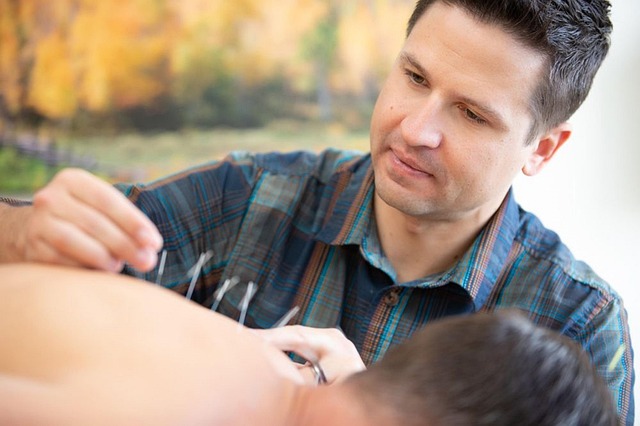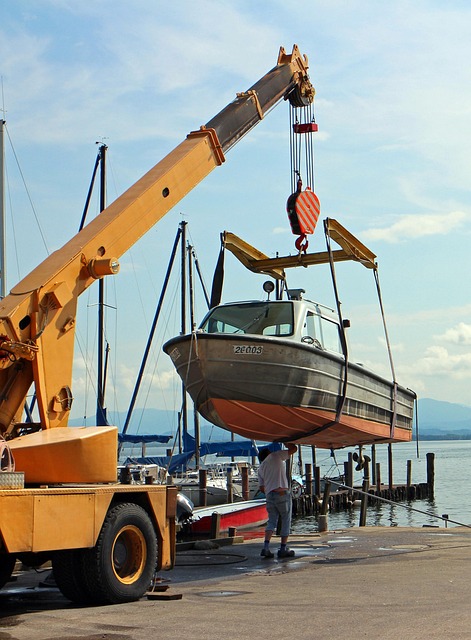Denver's climate fosters mold growth, requiring proactive measures. Identify moisture sources and high humidity for prevention. Mold Inspection Denver services use specialized tools to detect spores, informing remediation decisions. Understanding common types like Ascomycetes and Penicillium aids in interpreting inspection reports. Visual inspections, moisture meters, and advanced cameras ensure thorough assessments for healthy living spaces. Engage professionals with green cleaning expertise for extensive mold issues.
Inspecting for mold in Denver homes is essential for maintaining healthy living environments. Understanding how mold thrives in Colorado’s unique climate is crucial. This guide equips you with the knowledge and tools needed for effective mold inspection. Learn about common mold types, their health risks, and comprehensive assessment steps. By following these guidelines, Denver residents can identify and address mold issues promptly, ensuring a safer, healthier home.
- Understanding Mold Growth in Denver Homes
- Tools for Effective Mold Inspection
- Identifying Common Mold Types and Health Risks
- Steps to Conduct a Comprehensive Mold Assessment
Understanding Mold Growth in Denver Homes

Mold thrives in warm, humid environments, making Denver’s climate ideal for its growth. In homes, it often hides in places like basements, bathrooms, and areas with water leaks or high moisture levels. A flooded basement Denver experiences can create a breeding ground for mold within days if not addressed promptly. Understanding these conditions is crucial when conducting a mold inspection Denver residents may need after water damage or routine home maintenance.
Recognizing potential sources of moisture is key to preventing mold after water damage. This includes identifying leaks, condensing pipes, and areas where humidity gathers. Health risks from mold exposure vary; some individuals may experience respiratory issues or allergies while others might suffer more severe reactions. Promptly addressing mold concerns through professional mold inspection and proper remediation is essential for maintaining a healthy living environment.
Tools for Effective Mold Inspection

When conducting a Mold Inspection Denver, having the right tools is essential. Professionals often rely on specialized equipment like moisture meters to identify areas with elevated humidity levels, as mold thrives in damp environments. These devices measure moisture content in walls, floors, and other hard-to-reach surfaces, helping to pinpoint potential problem zones. Additionally, thermal imaging cameras are invaluable for detecting temperature variations, which can indicate hidden mold growth behind walls or under flooring.
Furthermore, a high-quality air quality test kit is crucial for assessing airborne mold spores. These kits allow you to sample and analyze the air to determine if mold is present and at what concentration. This information is vital not only for identifying active mold issues but also for understanding the extent of potential long-term effects of mold exposure, which can have adverse health implications. Knowing the severity of the situation enables homeowners to make informed decisions regarding green cleaning options for moldy spaces or engaging Denver’s top rated mold specialists for a comprehensive solution.
Identifying Common Mold Types and Health Risks

In Denver’s climate, various types of mold can thrive, making a thorough understanding of common varieties essential during any mold inspection. Mold inspection Denver professionals often encounter Ascomycetes, which produce spores that can lead to health issues. This type is prevalent in damp areas and is known for its allergic reactions and potential toxicity. Another common species is Penicillium, often found in older homes, which can cause respiratory problems, especially in individuals with existing conditions.
Knowing the risks associated with different mold types is crucial for a successful mold inspection after renovation. Understanding your understanding your mold inspection report allows you to take appropriate measures to prevent future growth. By identifying and addressing these molds effectively, Denver residents can create healthier living spaces and minimize potential long-term health effects, thus, contributing to preventing mold growth in Denver.
Steps to Conduct a Comprehensive Mold Assessment

Conducting a comprehensive mold assessment is crucial for identifying hidden mold issues in Denver homes. Start by inspecting visible areas for any signs of mold growth, such as discolored spots or musty odors. Pay close attention to common problem zones like bathrooms, kitchens, and areas with poor ventilation or water leaks. Use a moisture meter to check for elevated humidity levels that can promote mold growth.
Next, employ professional tools like infrared cameras and air quality monitors to detect hidden mold spores and assess the extent of contamination. For hard-to-reach areas or extensive mold growth, consider engaging a reputable mold inspection service in Denver specializing in green cleaning options for moldy spaces. Ensure you choose a reliable mold inspector with thorough knowledge of local building codes and roofing restoration Denver practices for accurate results.
When conducting a mold inspection in Denver homes, it’s crucial to follow comprehensive steps that include understanding mold growth patterns unique to the region, utilizing specialized tools, identifying health risks associated with common mold types, and meticulously assessing every corner of your property. With the right knowledge and tools, you can effectively detect and mitigate mold issues, ensuring a healthier living environment for your family and peace of mind in your Denver home.
